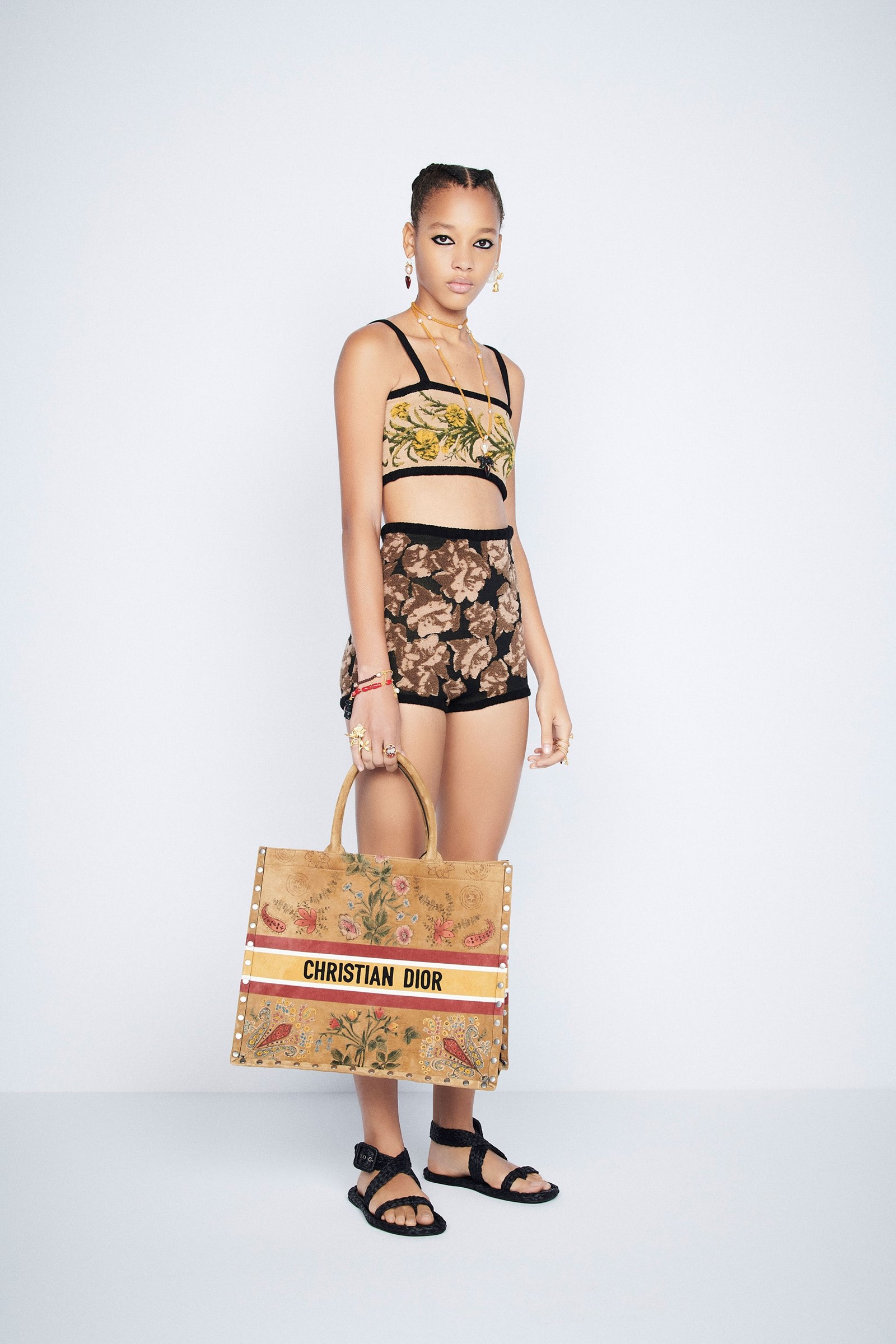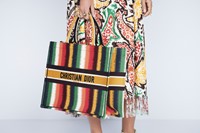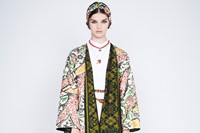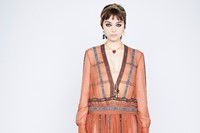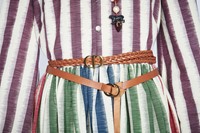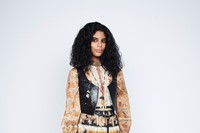This article is published as part of a series of Designer Interviews, where we’re speaking to some of the industry’s most crucial voices about this current – and highly unique – moment in fashion history.
Like the rest of the world, Maria Grazia Chiuri has spent much of 2020 in lockdown and her work for Christian Dior has adapted, evolved and changed – to match the changed mood of the times. Her Autumn/Winter 2020 haute couture collection was ingeniously executed on a minute scale – to allow Dior’s atelier workers to create the clothes at home. Her Spring/Summer 2021 collection, however, was full-sized and staged in a space specially erected in the Tuileries gardens in the heart of Paris – albeit with an audience newly socially-distanced, and wearing Dior masks. “The initial idea was to have a small audience – but at the same time we are living in a moment that is very difficult,” Chiuri said, a few days before her show. She was seated in the Dior studio, broadcast to a group of journalists by Zoom – the new way to preview designer collections. “Everyday the protocol changes, for shows, for travel. It’s very difficult. That’s the only thing that is clear, for me.”
The history of Dior is tied up with fashion reflecting fundamental cultural shifts: the New Look of 1947 was an antidote to both the restrictions of wartime, and the ‘masculinisation’ of women, dressed like soldiers in sharp-shouldered tailored jackets. Christian Dior’s clothes were romantic and escapist – but they were absolutely a response to the time. For Chiuri, our difficult times today call for easier clothes. “We are changing our style of life,” she said. “We want something desirable, but more comfortable. It is evident that our life is completely different. So I try to translate the feeling that I have around me, what I see around the women that I know.” Chiuri’s clothes have always been anchored in reality – often, she asks her 24-year-old daughter Rachele Regini what she would wear, and what she wants to wear. And alongside the cultural and socioeconomic upheavals wrought by the Covid-19 pandemic and lockdown, there has been a measurable change on how people dress.
Or, perhaps, why they dress. “It was very hard for me to start a new collection now that our style of life is completely different from the past,” Chiuri commented. “I really believe that it’s very important in this moment to give a collection the message that if you dress in these clothes you feel confident, well with your body. My point of view now is that it’s a more intimate relationship that you have with your clothes. Because you’re alone, now, at home, at the office. So our relationship with clothes is different, it’s more intimate.”
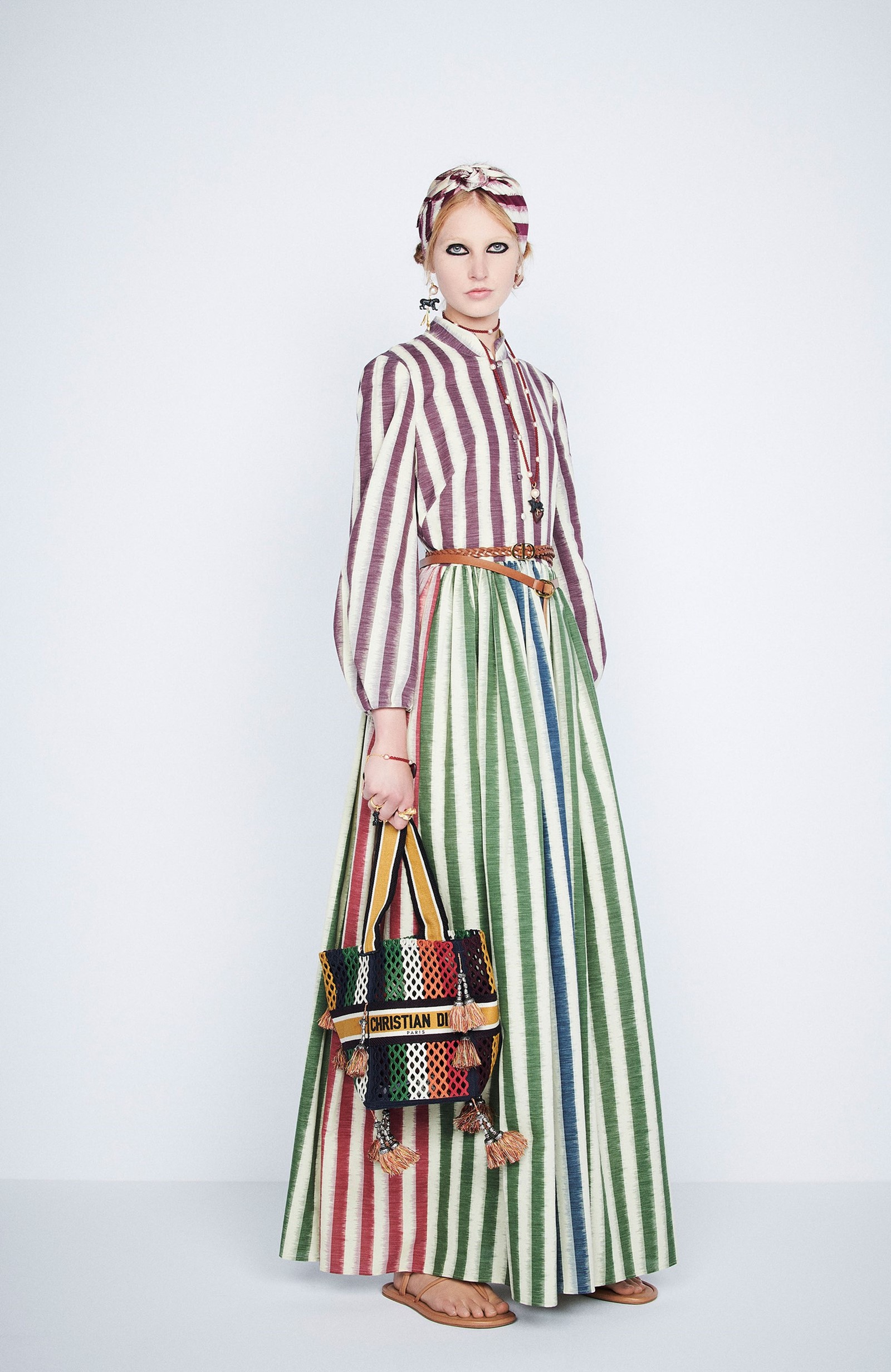
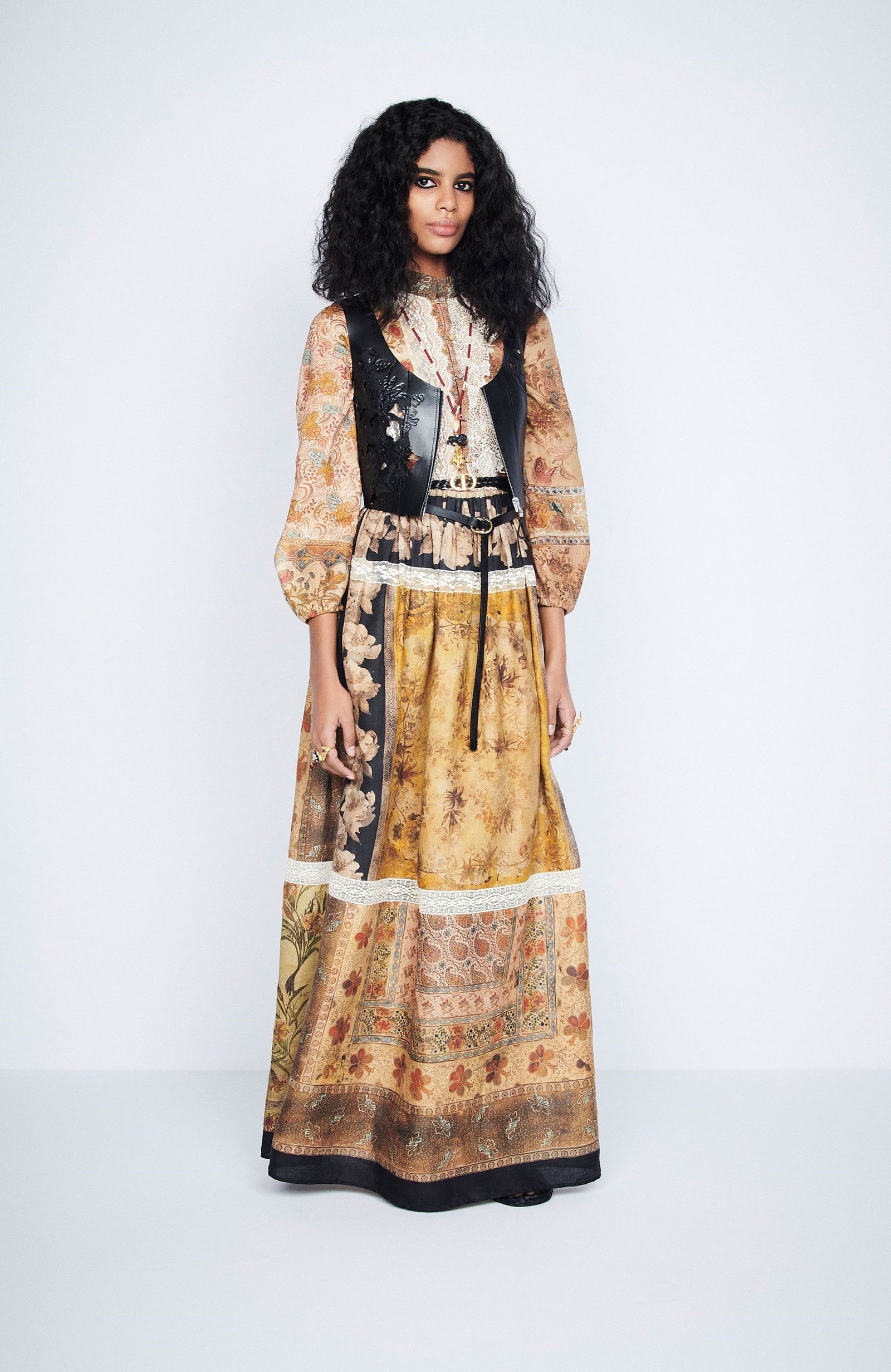
This Dior collection took collage as a main theme: ideological, rather than literal, although there were juxtapositions of fabrics and cuts. “Germano Celant wrote ‘To cut is to think,’” Chiuri said. “Collage doesn’t mean only to mix – collage means, also, for me, to bring together different ideas, reflections for the future.” With Dior, of course, that includes a reference to a storied past: Chiuri alighted on a paletot jacket designed by Dior for his final collection of Autumn/Winter 1957. Softer, easier, it literally takes the stuffing out of the sculpted Bar jacket – although Chiuri has done that before, too, offering it in lightweight, elastic wools and even knit. “In this moment it is very important to create a collection – to create clothes – where your body feels at home,” she says.
As with every discussion with every designer, conversation quickly and inevitably shifted from the collection to the state of the world, and the state of fashion. “It was more difficult when I started to work on this collection than during the lockdown,” Chiuri said, with some exasperation in her voice. “During the lockdown we worked very hard, because there was hope that we would find the solution for September. But when we came back and saw the situation was the same – almost worse – it was not easy to start again, to think about the show. Immediately, our thoughts were: ‘we have to make a video, a digital film, a real show.’ Those were the questions we asked all the time. We decided to realise a classic collection – a building in the Jardin des Tuileries, with an audience. Also in the office to maintain the protocol is really difficult: we tested people coming back after holidays, people that work with me. We found some positive, they had to quarantine. Everyday, is this way. Everyday. At the same time, we reflect. We can be safe, to try to make something, but we are open all the time to change. Because nothing is sure, nothing is simple.”
